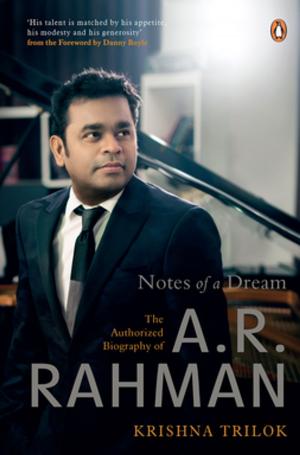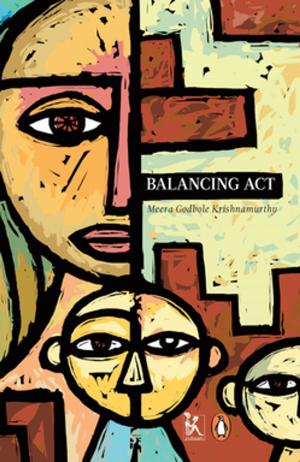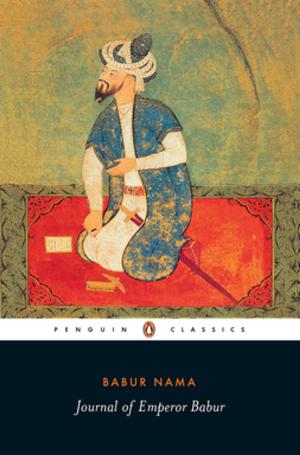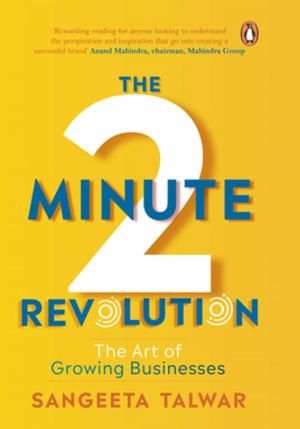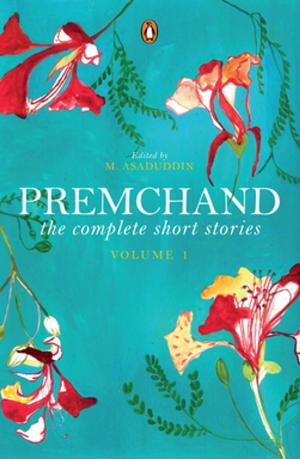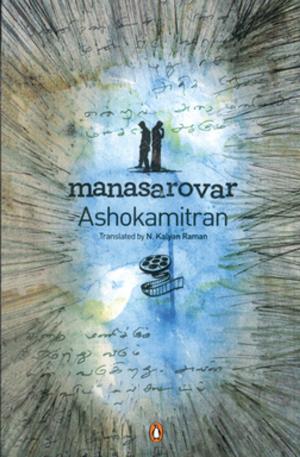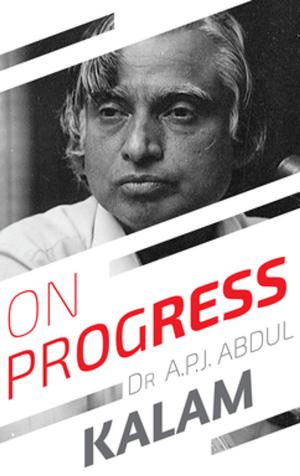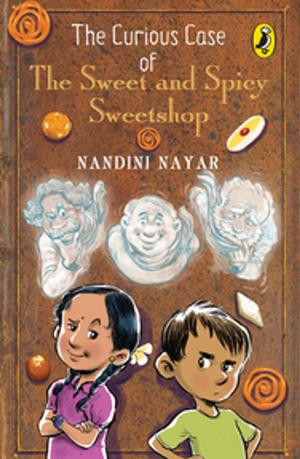| Author: | Kumar Prasad Mukherji | ISBN: | 9789387625198 |
| Publisher: | Penguin Random House India Private Limited | Publication: | May 13, 2006 |
| Imprint: | Penguin | Language: | English |
| Author: | Kumar Prasad Mukherji |
| ISBN: | 9789387625198 |
| Publisher: | Penguin Random House India Private Limited |
| Publication: | May 13, 2006 |
| Imprint: | Penguin |
| Language: | English |
‘Kudrat teri rang-birangee! Oh many-splendoured Creation!’ So went the bhajan Ustad Abdul Karim Khan sang before the saint Tajuddin Baba. The holy man, entranced by the song, clapped his hands and danced. Kumar Prasad Mukherji’s elegy to a vanishing age of musical giants comprises many such shared experiences between performer and audience, between recital and applause. It is his salute to a world receding into the shadows of history, peopled by ustads, pandits, the rich and the famous, the sacred and the profane. He traces the origins of their schools, from folk traditions to the courts of ancient emperors to the sound of the ankle -bells of dancing girls. He points to the time when notation crept into classical music, horrifying old masters accustomed to an art form that celebrated spontaneity and improvisation, but resulting in the preservation of ragas that would otherwise have been lost to time. While Mukherji’s beloved ‘Khansahebs’, ‘Panditjis’ and ‘Buwas’ may have been inspired by the divine, his recounting from legends and from personal memory shows us those greats as intensely human creatures. They are driven by appetites not always noble and their intrigues and jealousies are universal. Humour, too, abounds in these pages, as do characters who will remain forever etched in the mind of the reader.
‘Kudrat teri rang-birangee! Oh many-splendoured Creation!’ So went the bhajan Ustad Abdul Karim Khan sang before the saint Tajuddin Baba. The holy man, entranced by the song, clapped his hands and danced. Kumar Prasad Mukherji’s elegy to a vanishing age of musical giants comprises many such shared experiences between performer and audience, between recital and applause. It is his salute to a world receding into the shadows of history, peopled by ustads, pandits, the rich and the famous, the sacred and the profane. He traces the origins of their schools, from folk traditions to the courts of ancient emperors to the sound of the ankle -bells of dancing girls. He points to the time when notation crept into classical music, horrifying old masters accustomed to an art form that celebrated spontaneity and improvisation, but resulting in the preservation of ragas that would otherwise have been lost to time. While Mukherji’s beloved ‘Khansahebs’, ‘Panditjis’ and ‘Buwas’ may have been inspired by the divine, his recounting from legends and from personal memory shows us those greats as intensely human creatures. They are driven by appetites not always noble and their intrigues and jealousies are universal. Humour, too, abounds in these pages, as do characters who will remain forever etched in the mind of the reader.



